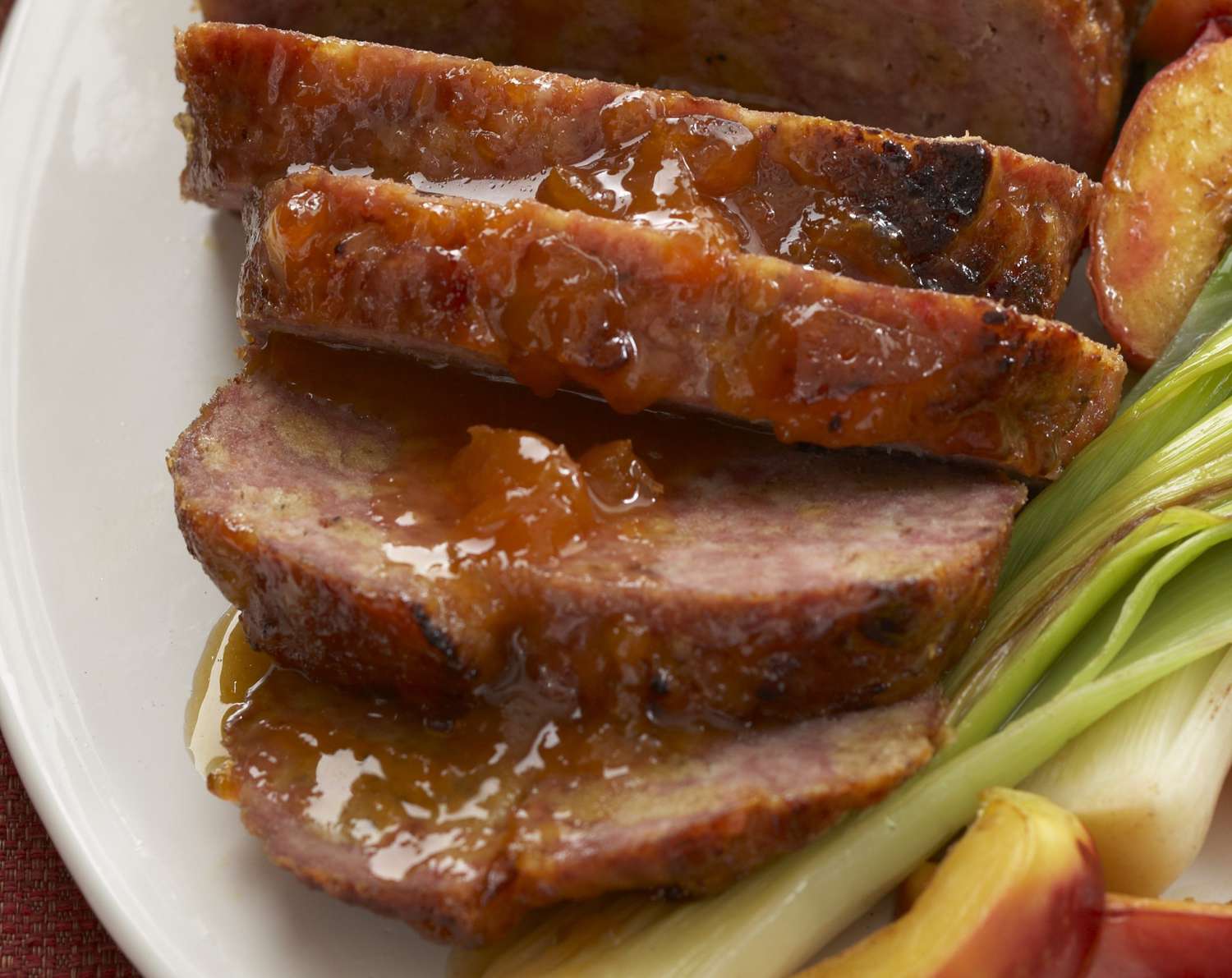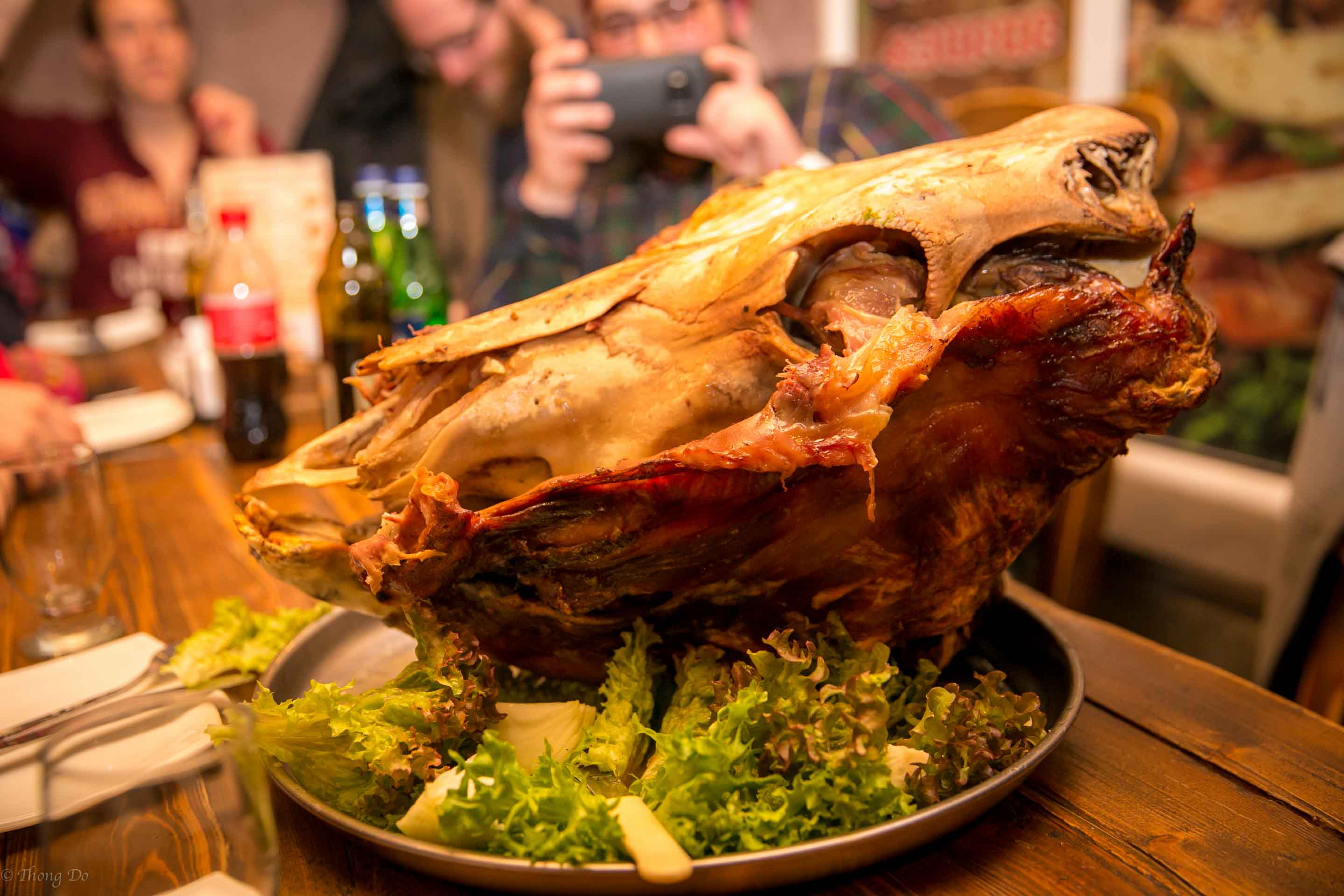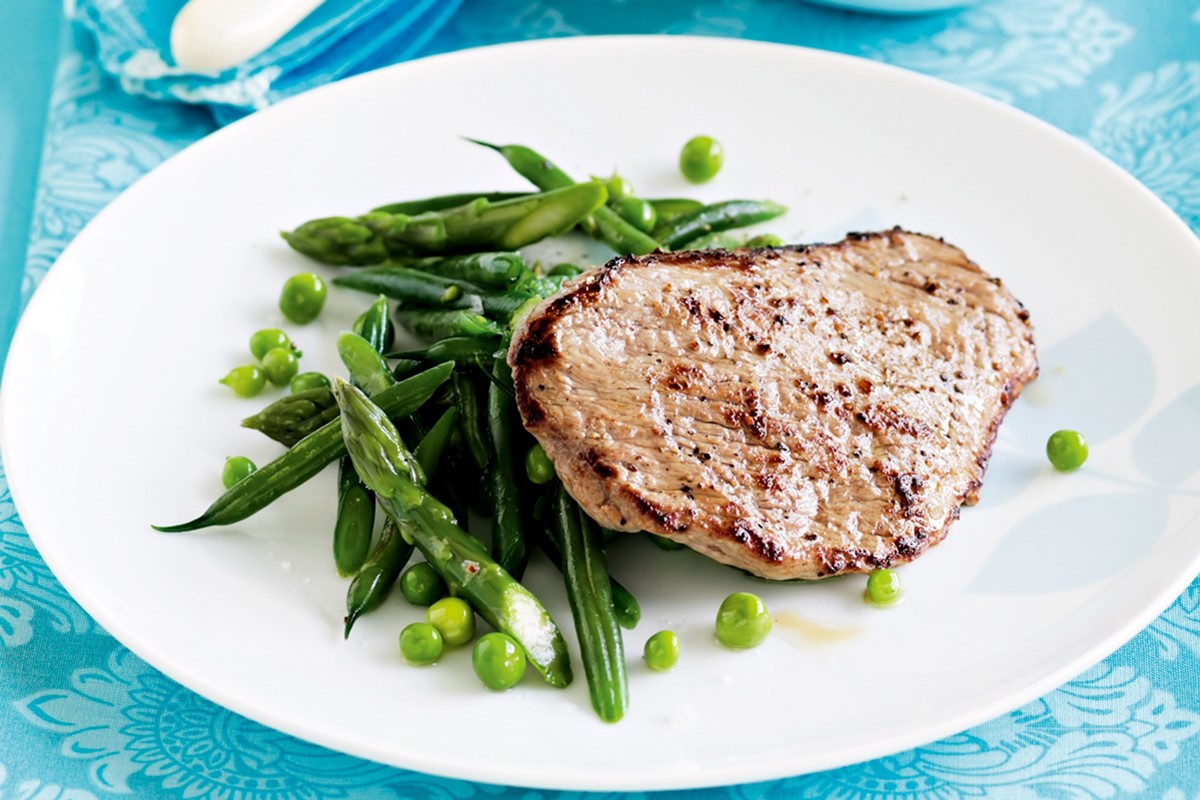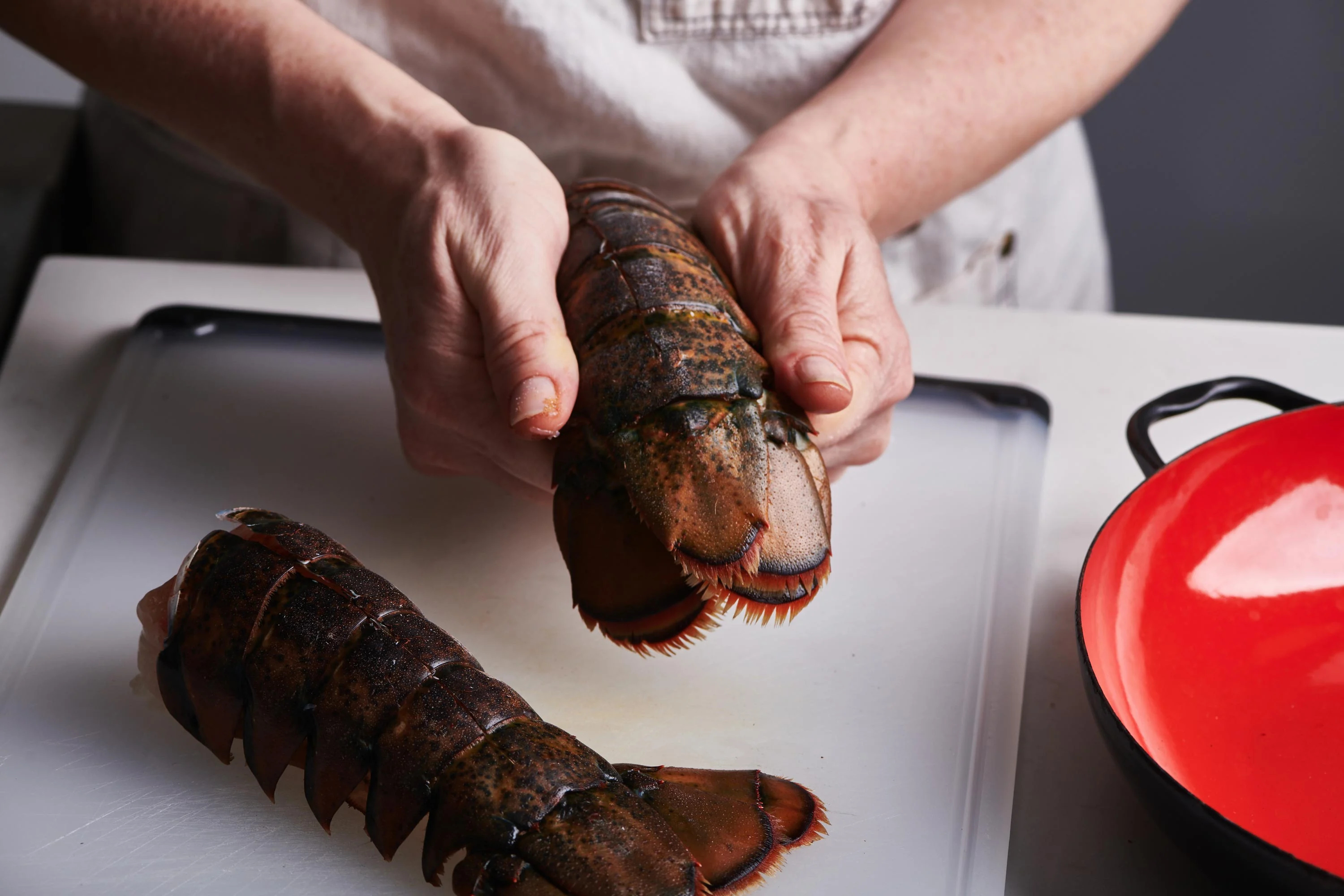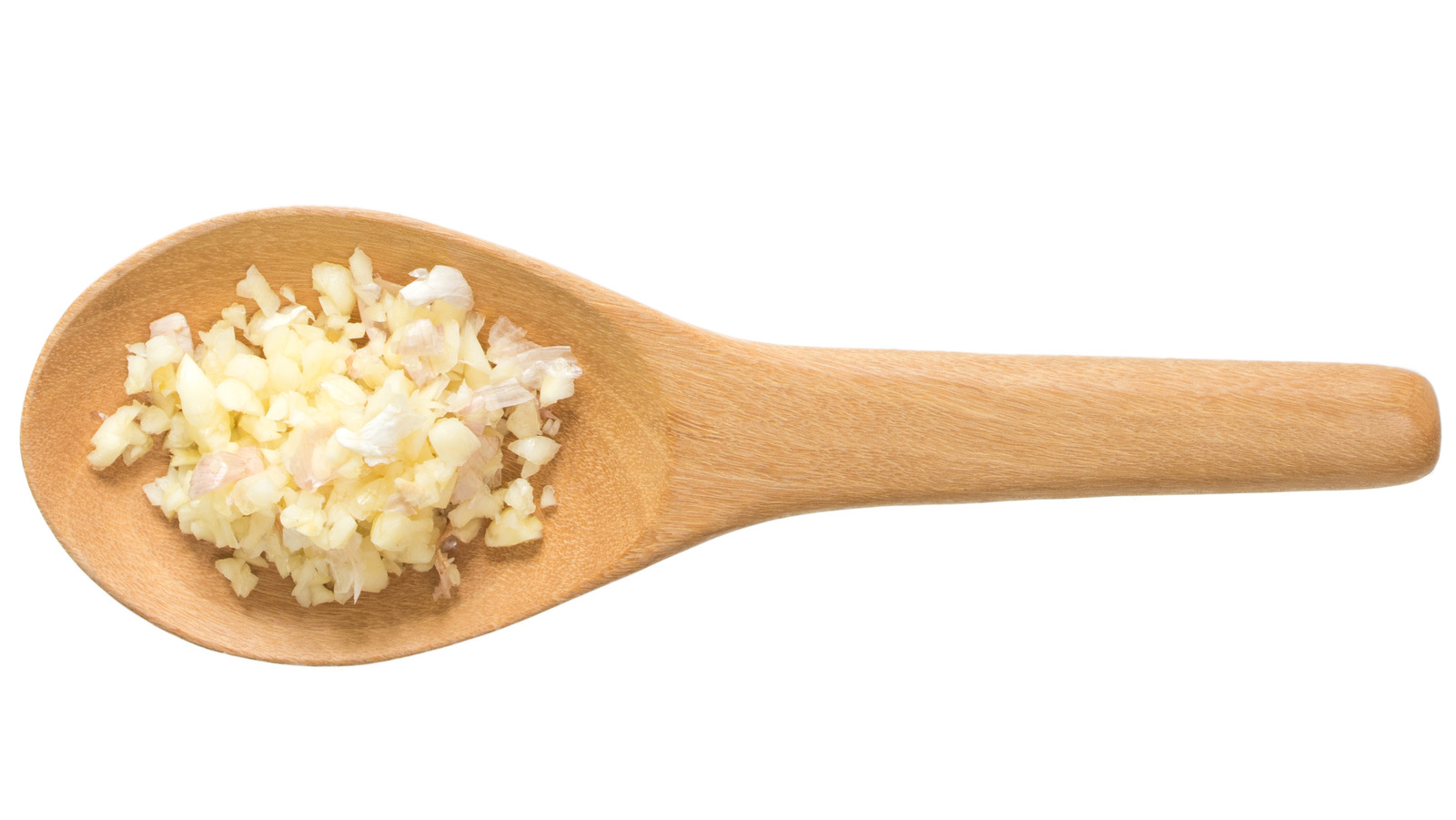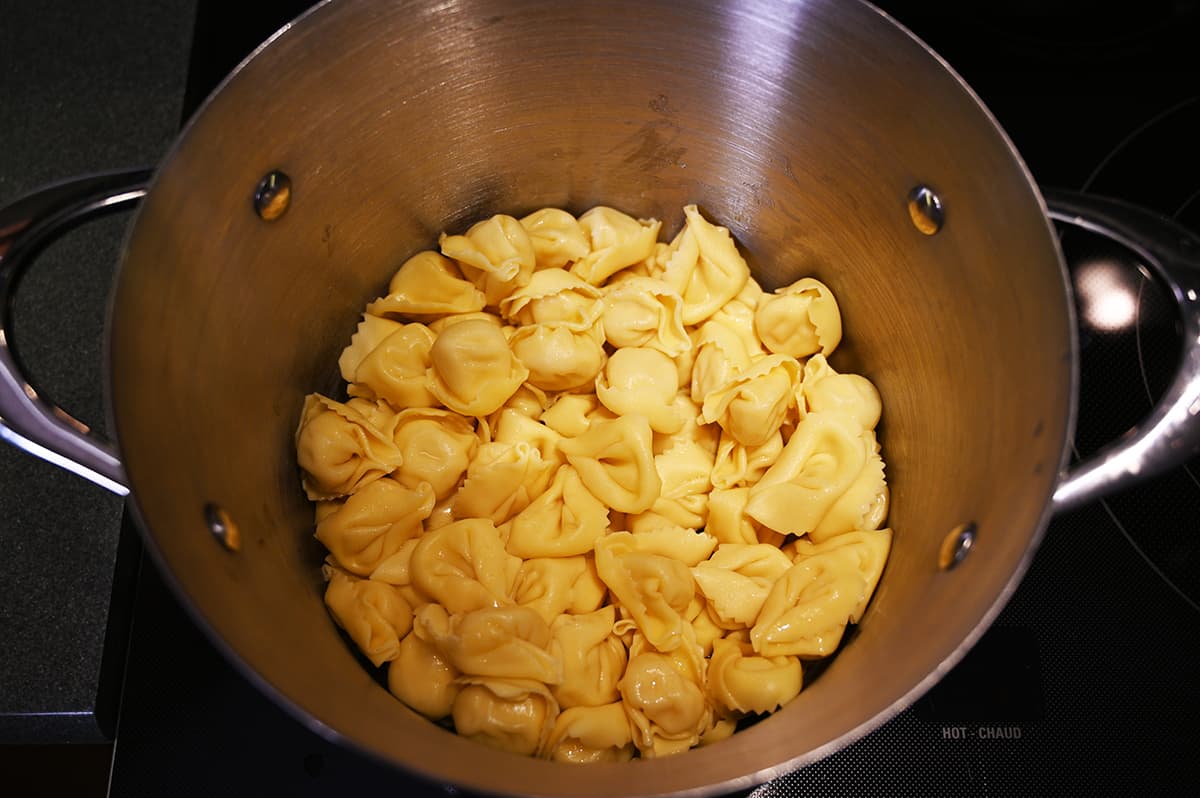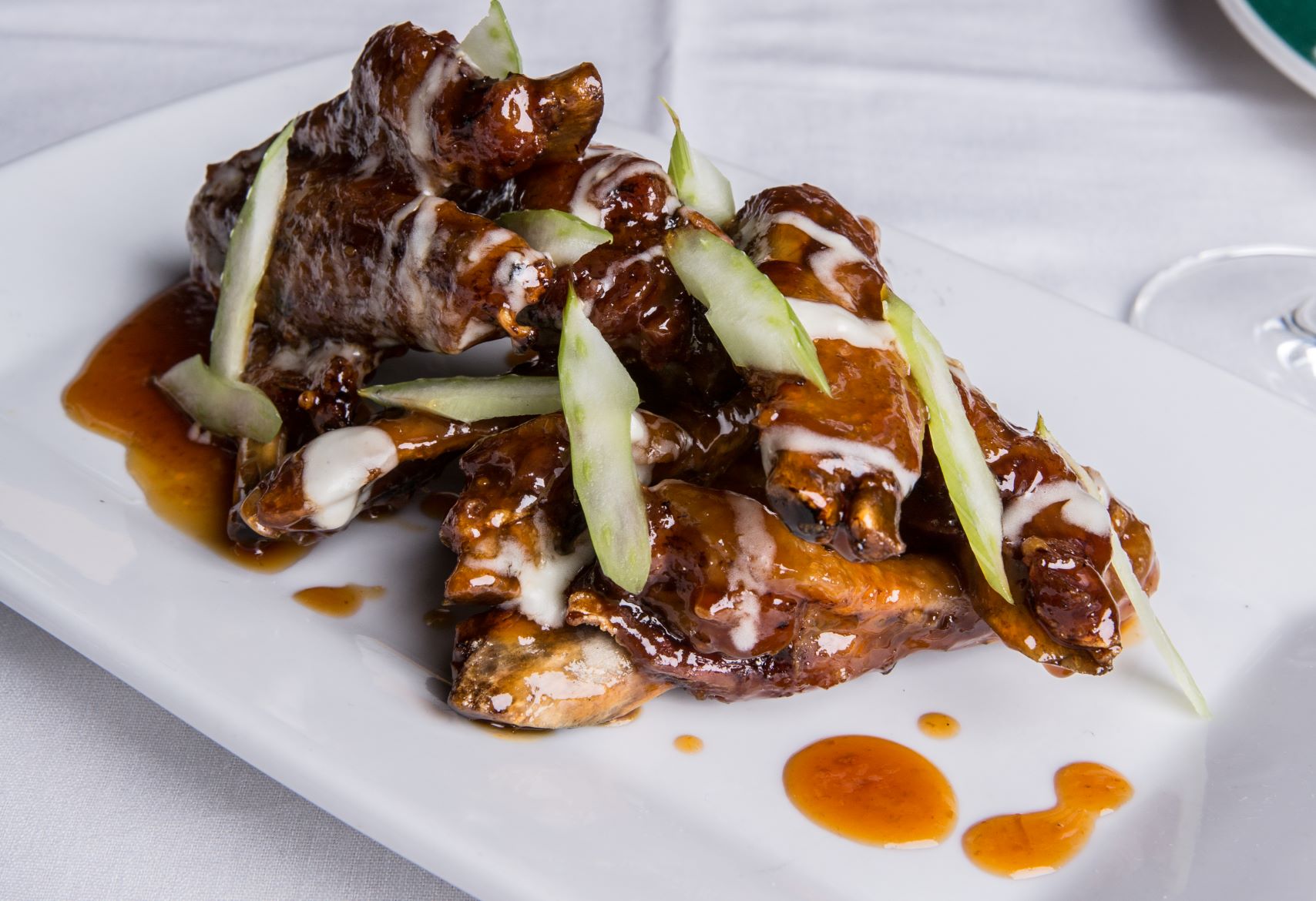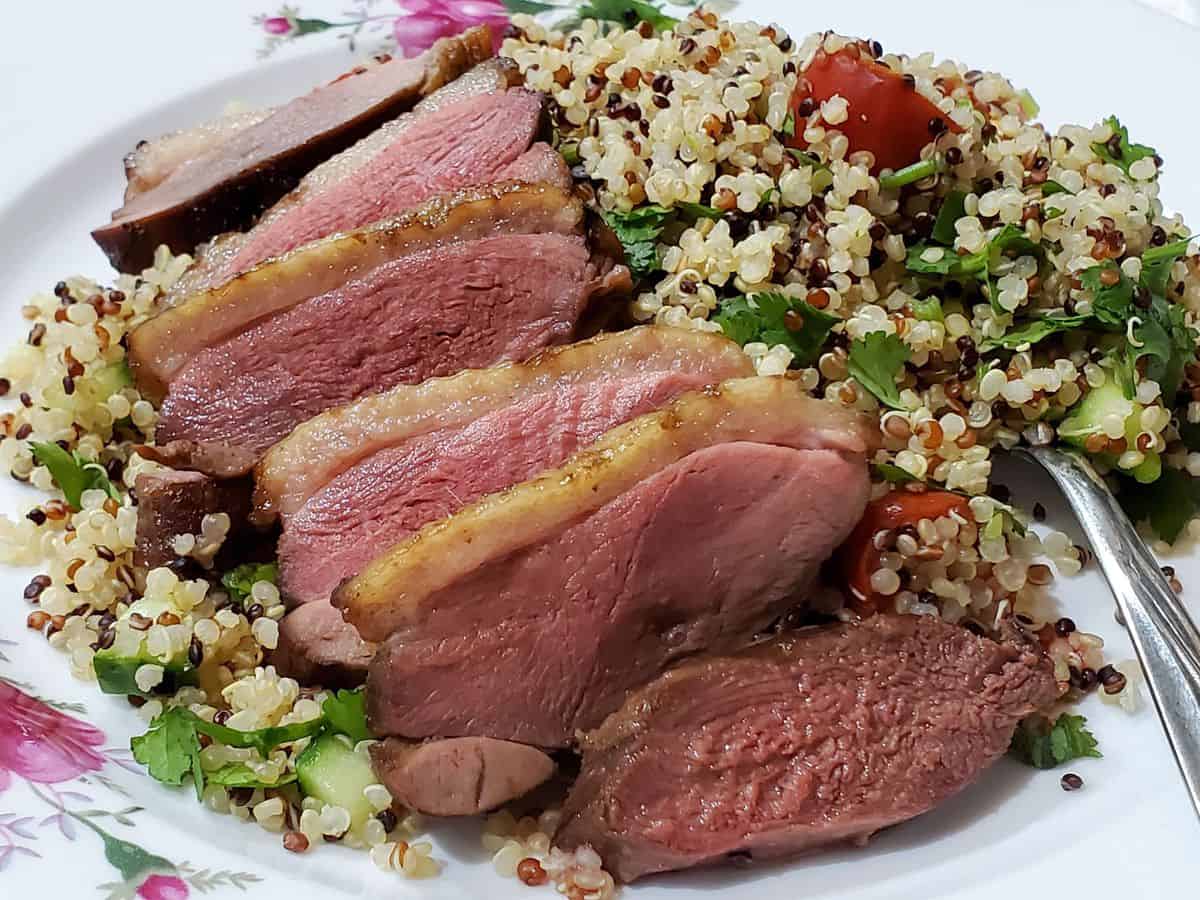How To Cook Spaghetti Without Breaking It: Mastering the Art of Perfect Pasta
There’s nothing quite like a warm plate of perfectly cooked spaghetti. The long, delicate strands of pasta can make or break a meal. But all too often, we find ourselves with a pot full of broken spaghetti, leaving us disappointed and frustrated. Fear not! With these simple tips and techniques, you’ll soon be cooking spaghetti like a pro, without a single breakage in sight.
1. Choose the Right Pot Size
When cooking spaghetti, it’s important to choose a pot that is large enough to hold the pasta without any bending or folding. Using a pot that is too small can lead to breakage. Aim for a pot that is at least four times the volume of the amount of spaghetti you are cooking. This will allow the pasta enough space to move freely without sticking or breaking.
2. Boil Water with Ample Salt
Always start with a large pot of boiling water and add a generous amount of salt. The salt not only enhances the flavor of the pasta but also helps to strengthen its structure, reducing the risk of breakage. Aim for about one tablespoon of salt per gallon of water for the best results.
3. Gently Place the Spaghetti into the Water
Once the water reaches a rolling boil, gently lower the spaghetti into the pot. Hold the spaghetti from the ends and let it gradually slide into the water. Avoid dropping the pasta from a height, as this can cause it to snap. Stir the pasta immediately after adding it to prevent sticking.
4. Stir Occasionally, but Avoid Overmixing
While cooking the spaghetti, stir occasionally to prevent it from clumping together. However, be careful not to overmix, as excessive stirring can lead to breakage. A gentle swirl every few minutes is all you need to keep the pasta from sticking.
5. Cook Pasta Al Dente
Be sure to follow the suggested cooking time on the package and taste the pasta to ensure it is cooked al dente, which means it still has a slight bite to it. Overcooking can make the spaghetti more fragile and prone to breaking. Cooked al dente spaghetti has a better chance of remaining intact.
6. Drain Carefully and Rinse (Optional)
When the spaghetti is cooked to perfection, pour it into a colander to drain off excess water. Be gentle when handling the pasta to prevent any unnecessary breakage. Some chefs prefer to rinse their pasta with cold water to stop the cooking process and remove excess starch. This step is optional, but it can make the spaghetti less sticky and easier to work with.
7. Toss with Sauce Mindfully
Once your spaghetti is drained and rinsed (if desired), transfer it to a large bowl and toss it gently with your favorite sauce. Take care not to be too rough with the pasta as this can cause it to break. Use a pair of tongs or a pasta fork to delicately coat the strands with the sauce, ensuring every bite is flavorful.
8. Serve Immediately
Spaghetti is best enjoyed when served immediately after cooking. The longer it sits, the more it can overcook and lose its perfectly cooked texture. So, gather your family and friends around the table and savor your delicious, unbroken spaghetti creation.
With these expert tips, you can easily master the art of cooking spaghetti without breaking it. By choosing the right pot, boiling the water with salt, handling the pasta gently, and serving it promptly, you’ll be able to enjoy perfectly cooked spaghetti every time. Now go ahead, cook with confidence, and impress your loved ones with your pasta prowess!
Explore More Recipes and Ways to Use This Guide
Now that you've mastered the art of cooking spaghetti without breaking it, it's time to put your skills to the test with a variety of delectable recipes. From the robust flavors of Hearty_Spaghetti_Bolognese_Recipe to the simple yet profound Simple_Spaghetti_Aglio_e_Olio_Recipe, there's a dish to suit any taste. For those looking to impress, the Traditional_Spaghetti_Carbonara_Recipe offers a creamy delight without the complexity of cream. If you're in the mood for something light yet flavorful, try the Refreshing_Spaghetti_with_Lemon_and_Parsley_Recipe. Each recipe utilizes the whole, unbroken spaghetti you've now perfected, enhancing both presentation and texture.
Explore More Recipes and Ways to Use This Guide
Now that you've mastered the art of cooking spaghetti without breaking it, it's time to put your skills to the test with a variety of delectable recipes. From the robust flavors of Hearty_Spaghetti_Bolognese_Recipe to the simple yet profound Simple_Spaghetti_Aglio_e_Olio_Recipe, there's a dish to suit any taste. For those looking to impress, the Traditional_Spaghetti_Carbonara_Recipe offers a creamy delight without the complexity of cream. If you're in the mood for something light yet flavorful, try the Refreshing_Spaghetti_with_Lemon_and_Parsley_Recipe. Each recipe utilizes the whole, unbroken spaghetti you've now perfected, enhancing both presentation and texture.
Was this page helpful?
Read Next: How To Cook Tofu Puffs


